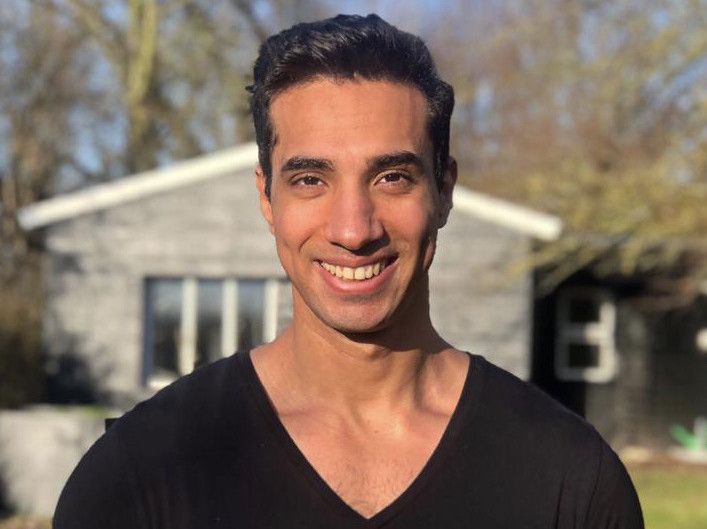
We all know by now that exercise makes you a healthier person and reduces the risk of developing several life-threatening diseases including Type 2 diabetes, cancer and cardiovascular disease.
Physical activity has both immediate and long-term health benefits, including a faster recovery from being ill or injured, it results in stronger bones and joints and therefore minimises the risk of osteoporosis and also lowers your blood pressure and increases natural energy levels.

The reason why Dubai Fitness Challenge is such a perfect test is because health professionals and researchers recommend a minimum of 30 minutes of moderate-intense physical activity on most, if not, preferably all days. This means, that when exercising at a moderate-intense level, a person’s heart rate should be increased to 50 to 70 per cent of his or her maximum heart rate, with the latter being intense levels.
To help you better tackle the challenge of 30 minutes of exercise a day for 30 days, whether it is your first time or your third time, these tips and tricks will make it easier and hopefully keep it going after the official challenge is over.
1. Get more sleep
More sleep means a more productive you with more energy and energy is the key to not burning yourself out in the first half of the challenge. Try to get at least seven and ideally eight hours of sleep a night. If you struggle sleeping, what will help is winding down from your day with relaxing behaviours before bed. This could be taking the time to have a bath, getting into bed half an hour earlier than usual or reading a book. Stay away from electronic screens within an hour of going to bed, including your phone, as this disturbs your sleep quality.
2. Do the exercise every day without fail; it will make you happier
Regular exercising not only benefits your body but also makes you have a healthier state of mind, as it distracts you and blocks negative thoughts. It also provides an opportunity for increased social contact when you exercise with others. Moreover, research has found that exercise changes levels of vital chemicals in your brain, such as serotonin, endorphins and stress hormones, which in turn improves your mood.
3. Avoid smoking
If you’re a smoker, the best thing you can do this 30x30 is to cut down on smoking as it depletes your Vitamin C and in turn your energy levels. It will also hinder the cardiovascular fitness progress you make. Some find it helpful to switch cigarettes for a nicotine replacement like gum or patches.
4. Limit alcohol
Alcohol is another lifestyle habit that may make you feel tired and lacking in energy. This is because alcohol can act as a sedative. It also dehydrates you at a rapid rate, making your output significantly less than usual. Many believe that an alcoholic drink (or a “nightcap”) will send them to sleep and help them rest more soundly. However, like electronic screens, regularly drinking alcohol before bed can interfere with the quality of your sleep without you even realising it.
5. Nutrition is key
Stay away from carbohydrates unless in the evening and eat protein for breakfast and lunch. Carbohydrates make an amino acid called tryptophan more available to the brain and this causes what some may describe as a ‘food coma’, meaning drowsiness and a lack of energy, which will affect your workout. If you’re eating a lot of processed foods high in sugar and fat, you may find that they not only affect your health but also like other things, your energy levels. One of the most important things that most people don’t think about is, if you have an erratic meal pattern and regularly skip meals with snacking then you suppress your appetite but never actually fill yourself up with solid meals so you will miss out on necessary nutrients, resulting in reduced energy.
6. Stretching
Life is filled with stress which, before you know it, makes your muscles tight and your joints hurt, which you sometimes won’t even realise until you exercise. Stretching lengthens muscles and relieves tension which results in not only reduced stress, however will increase movement and flexibility allowing you to put more into each days 30 minutes exercise. Also stretching the lower back, shoulders and chest, can help keep the back in better alignment, which improves posture and when you are not slouching your muscles won’t get tight, so it is all a cycle.
— Magdee Helal is a trainer at Technogym in Dubai.
Disclaimer: The views expressed in the article are the author’s own. Always seek the advice of your doctor before making any health decisions.












